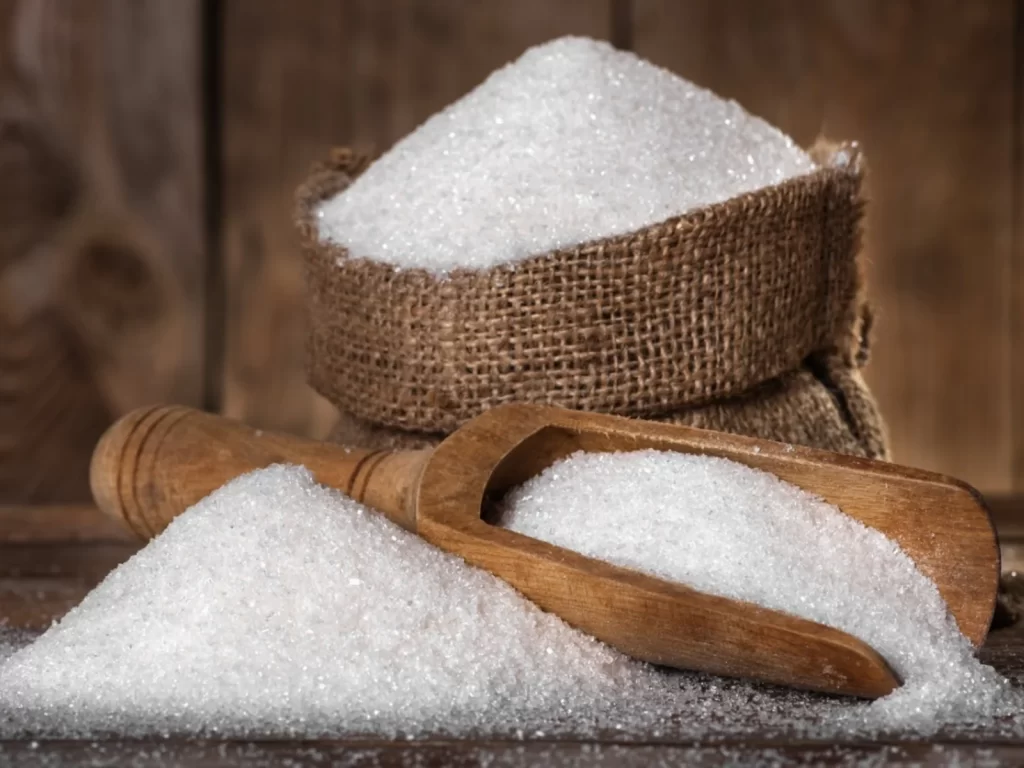
POTUS India is originating sugars from various reputed mills in India from the states of UP, Maharashtra, Karnataka, and Gujarat and is exporting sugars to various countries in GCC, Africa, and South Asia. POTUS India is also focusing on supplying sugars to various industrial customers within India through long-term relationships and long-term contracts.
Sugar is one of the most widely traded commodities globally, and its trading occurs on various commodity exchanges around the world. The trading of sugar involves both physical delivery of the commodity and speculative trading based on price movements.
Sugar is traded on major commodity exchanges such as the Intercontinental Exchange (ICE) and the New York Mercantile Exchange (NYMEX) in the United States, as well as other exchanges in countries with significant sugar production and consumption. Commodity exchanges offer standardized sugar futures contracts with specific quantities, grades, and delivery months. These contracts facilitate hedging and price discovery for market participants.
Potus Sugar trading includes raw sugar, refined sugar, and other sugar derivatives. Raw sugar is the unrefined form, while refined sugar has undergone processing to remove impurities.
Sugar prices are influenced by various factors, including weather conditions affecting sugar-producing regions, global demand and consumption patterns, government policies, and currency fluctuations. Sugar commodity trading attracts both speculators and hedgers. Potus uses futures contracts to manage price risks and lock in future prices.
Sugar production is influenced by the availability of arable land, weather conditions, technological advancements, and government policies. Demand is influenced by factors such as population growth, changing dietary preferences, and the use of sugar in various industries, including food and beverage, pharmaceuticals, and biofuels. Sugar commodity trading is subject to regulations and oversight by relevant governmental bodies and commodity exchange authorities to ensure fair trading practices and market integrity.
Traders and investors in the sugar market rely on fundamental and technical analysis to make informed trading decisions. Fundamental analysis involves examining supply and demand data, weather forecasts, and macroeconomic factors affecting sugar prices. Technical analysis uses historical price data and chart patterns to identify potential trends and trading opportunities.
Sugar commodity trading plays a crucial role in enabling price discovery, risk management, and efficient allocation of resources in the global sugar market. It provides market participants with opportunities for profit while also facilitating stable prices and supply for consumers and industries dependent on sugar as a key commodity.
